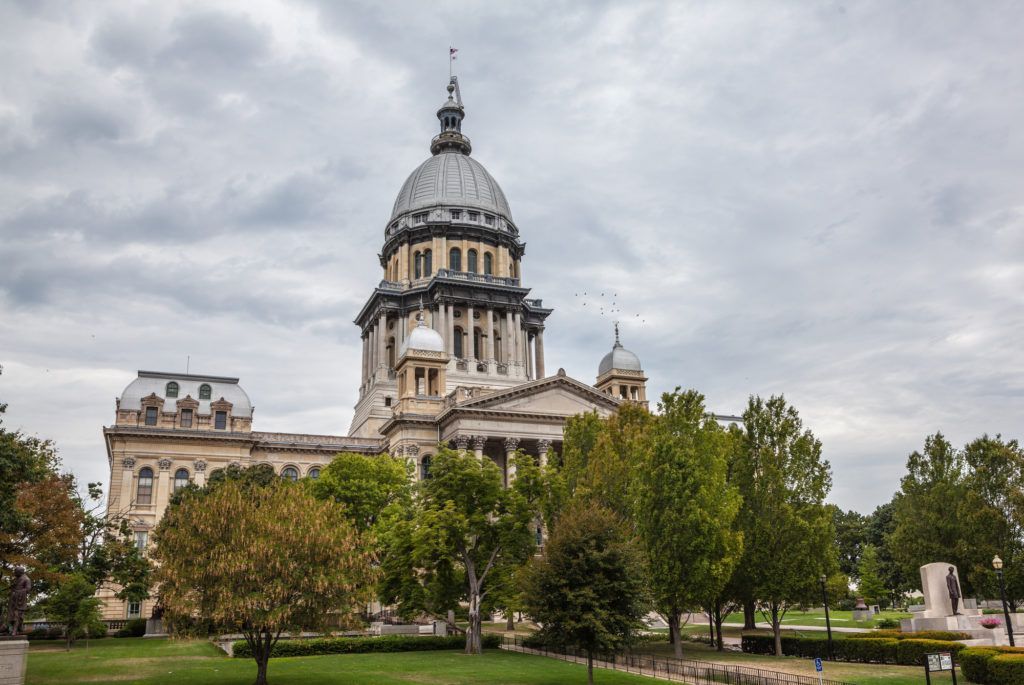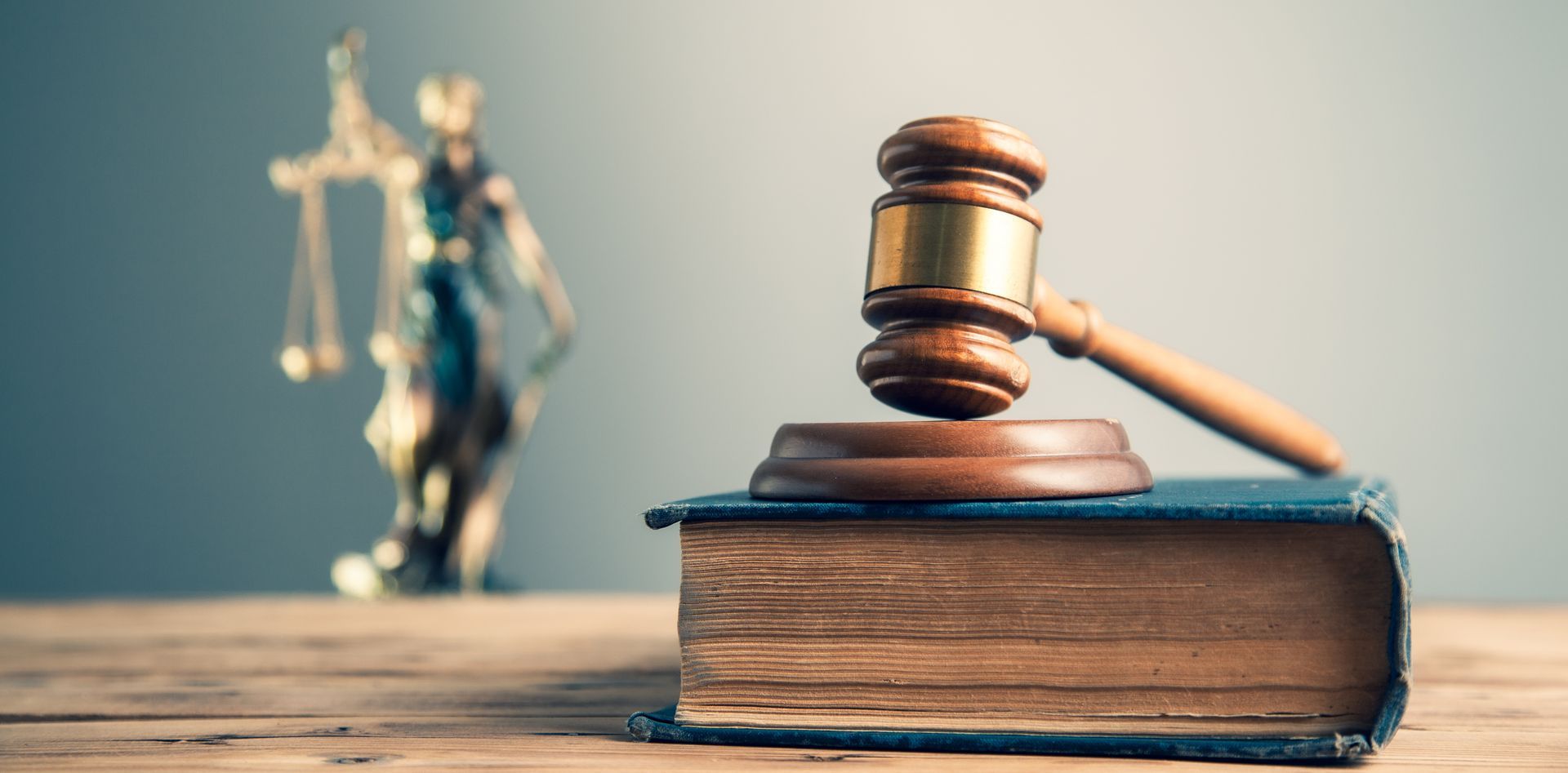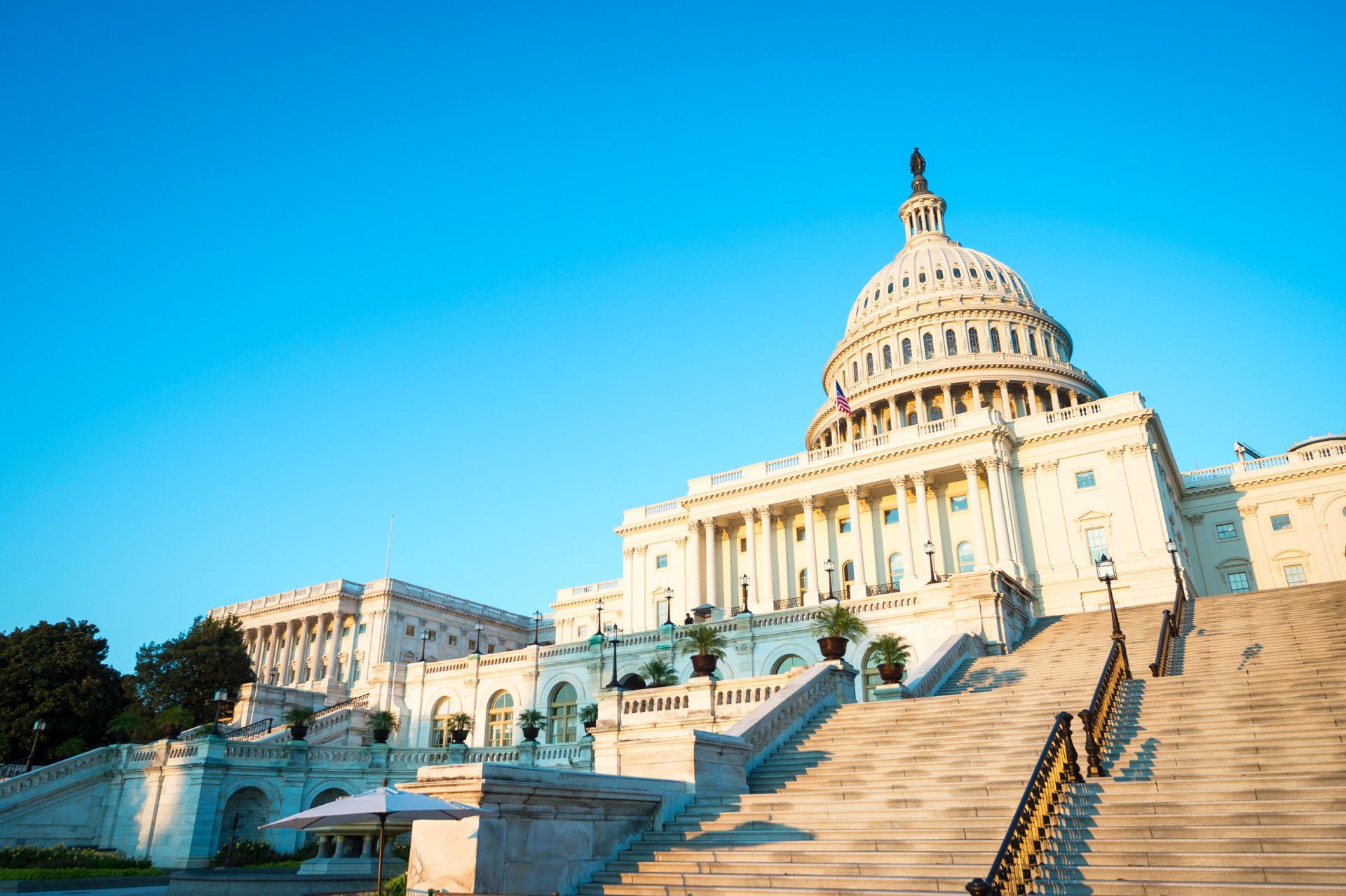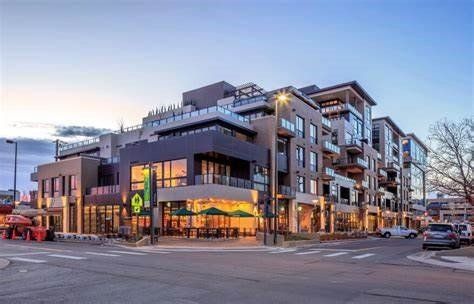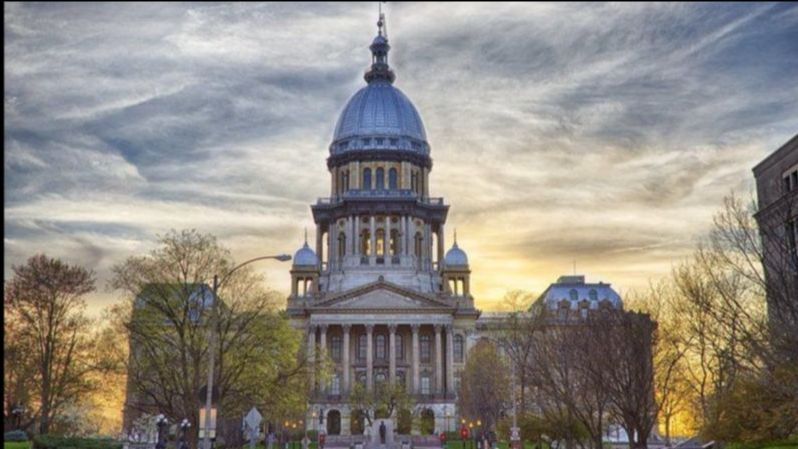
Making the Case for Small Law Firms
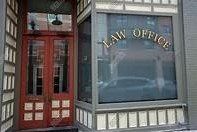
When I made the decision several years ago to leave “Big Law,” to launch my own firm, I understood that despite my years of experience and strong client base, there would be challenges to come. That said, the challenges facing the legal industry today cut across all spectrums. COVID has caused a global pause for most industries including the legal profession. Large law firms are laying off associates and staff while also cutting equity shares for partners. As a result, many partners are facing an uncomfortable reality: take significantly less compensation or go elsewhere.
While small firms are not immune to these issues, they nonetheless have the bureaucratic and political flexibility to nimbly avoid such draconian decisions. Moreover, and perhaps most importantly, lower billing rates are more appealing to clients who are now tightening their belts due to the current economic conditions and difficult challenges facing most businesses.
Small firms comprised of capable and experienced attorneys can, in most instances, offer many of the same services as large firms burdened with high overheads. Land use is one such area. Most land use and zoning matters require a true understanding of how to avoid political land mines by finessing the economic, political and land use needs of a given community. Unlike litigation, where lawyers aggressively pursue their client’s position frequently with a myopic goal of just wearing down the other side, land use is typically based on collaboration and reaching creative solutions. Since most projects usually go through the rigors of Village staff’s review, a public hearing, and a final decision by elected officials, fostering, and maintaining relationships with local officials is critical. One of the interesting things about my firm is that we have had the great fortune of representing taxing bodies and local governments as well as developers, thereby gaining unique perspective to both sides of a land use matter throughout the suburban Chicagoland area.
Cannabis is another area where small firms often can offer equal , if not superior representation to that of larger firms. On June 25, 2019, Illinois Governor. J.B. Pritzker signed into law HB 1438, which ended cannabis prohibition and replaced it with a system to tax and regulate cannabis for adults 21 and over. In addition to legalizing possession and use for adults, it expands the current medical cannabis licensing system, includes automatic expungement for cannabis offenses, adds the ability for medical patients to grow cannabis at home, and offers significant benefits to communities hit hardest by inequities that were part of the war on cannabis.
As of January 1, 2020, adults 21 and older have been allowed to possess cannabis and purchase cannabis products in licensed stores. Possession is limited to 30 grams of raw cannabis. Non-residents may purchase half that amount, or 15 grams of cannabis, 250 mg of THC in a cannabis-infused product, and 2.5 grams of concentrated cannabis product. The following types of cannabis business licenses to be issued by the State include:
·Dispensary: Provides cannabis products to adult consumers.
·Infuser: Infuses products such as edibles with cannabis extract.
·Transporter: Transports cannabis between business licensees.
·Craft Grower: Can grow between 5,000 and 14,000 square feet of canopy space and may be separately licensed as an infuser and a dispensary at the same facility.
·Cultivation Center: Can grow up to 210,000 square feet of canopy space.
HB 1438 also includes criminal justice reforms which includes, among other things, the governor’s clemency process for convictions of up to 30 grams. These expungements will be automatic. For amounts of 30-500 grams, the clemency process also applies, however the individual must petition the court to vacate the conviction.
Not only does HB 1438 remove convictions through expungement, it also provides additional points on each of the license applications for social equity applicants, access to financial resources for start-up costs, and resources to communities that were hardest hit from the war on cannabis. A “social equity applicant” is a business whose ownership has been directly impacted by the war on cannabis. Social equity applicants have either been arrested or convicted of a cannabis-related offense, or a person with strong ties to a community that has been disproportionately impacted by both poverty and cannabis drug law enforcement. Such a business must be owned by 51% or more of those who qualify, or for businesses with 10 or more staff, 51% of the workers must qualify.
It is expected that within the next 30-60 days the Illinois Department of Financial will move forward in awarding the 75 conditional adult use cannabis dispensary licenses that were authorized by the 2019 Cannabis Regulation and Tax Act. Once IDFPR awards a conditional license, the licensee has 180 days to find a location within to operate. Each community, while unable to prohibit possession of cannabis per se may elect to adopt certain zoning regulations limiting or restricting the areas in which cannabis businesses may be located
The cannabis industry has unique legal complexities and is highly regulated, but it is growing rapidly, nonetheless. While Illinois is poised to become one of the largest cannabis markets in the country, it is also very competitive to enter due to the restricted number of business licenses and merit-based selection process.
In all, land use and cannabis practice areas allow small firms like Shapiro & Associates to not only survive but to a great extent thrive during these challenging times. Moreover, we feel that it is more important than ever to responsibly and efficiently assist our clients in a way that offers personalized and common-sense solutions. Stay safe and stay strong.

CONTACT US TODAY
Contact Us
We will get back to you as soon as possible.
Please try again later.
LOCATION
570 Lake Cook Road, Unit 119
Deerfield, IL 60015
Shapiro & Associates Law | All Rights Reserved |
Created by Olive + Ash.
Managed by Olive Street Design.

